https://www.evanrussek.com/

The lab will study the thought processes that underlie our decision-making.
In our new preprint, we find that individuals with higher apathy-anhedonia report more pessimism about whether a plan will succeed, but in fact make better decisions that are more reflective of accurate multi-step evaluations.
@shiyiliang.bsky.social, with @evanrussek.bsky.social & @robbrutledge.bsky.social
Surprisingly, we found that apathy–anhedonia was linked to enhanced goal-directed behavior. www.biorxiv.org/content/10.1...
In our new preprint, we find that individuals with higher apathy-anhedonia report more pessimism about whether a plan will succeed, but in fact make better decisions that are more reflective of accurate multi-step evaluations.
The lab will study the thought processes that underlie our decision-making.

The lab will study the thought processes that underlie our decision-making.
I'll be at #CogSci2025 - happy to chat about the position and life at Vassar.
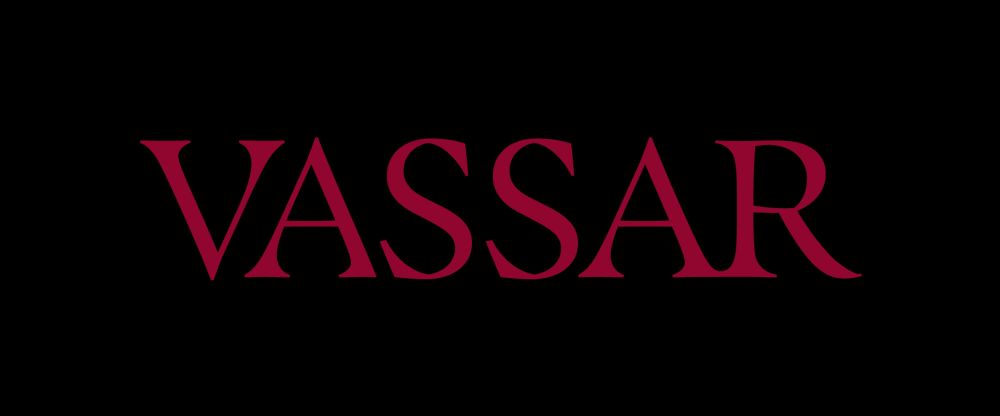
I'll be at #CogSci2025 - happy to chat about the position and life at Vassar.
Ham Huang leveled up from poster session to superhero mode! 🦸
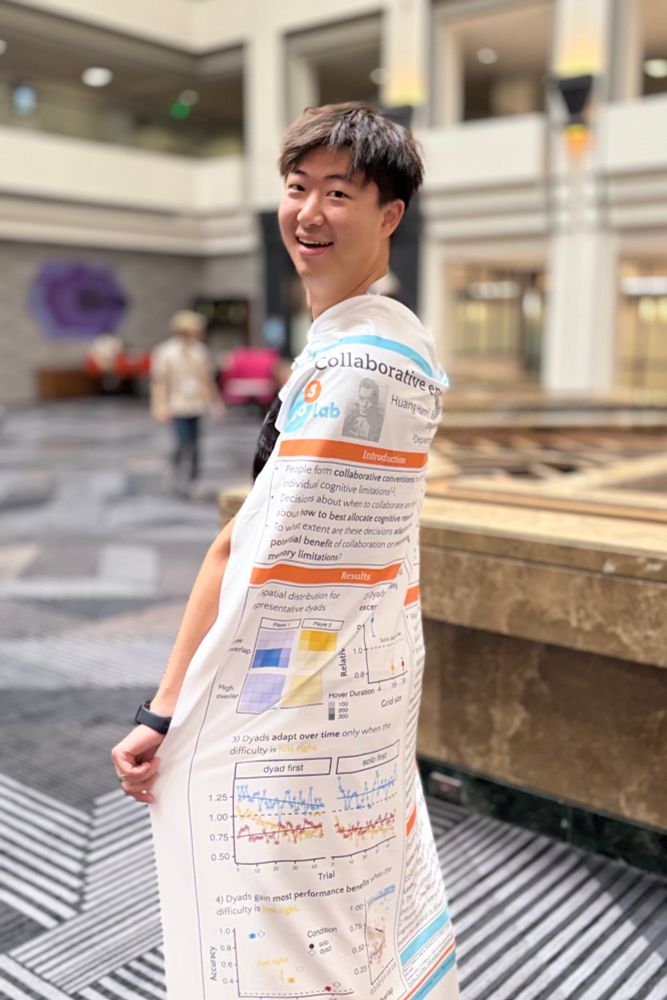
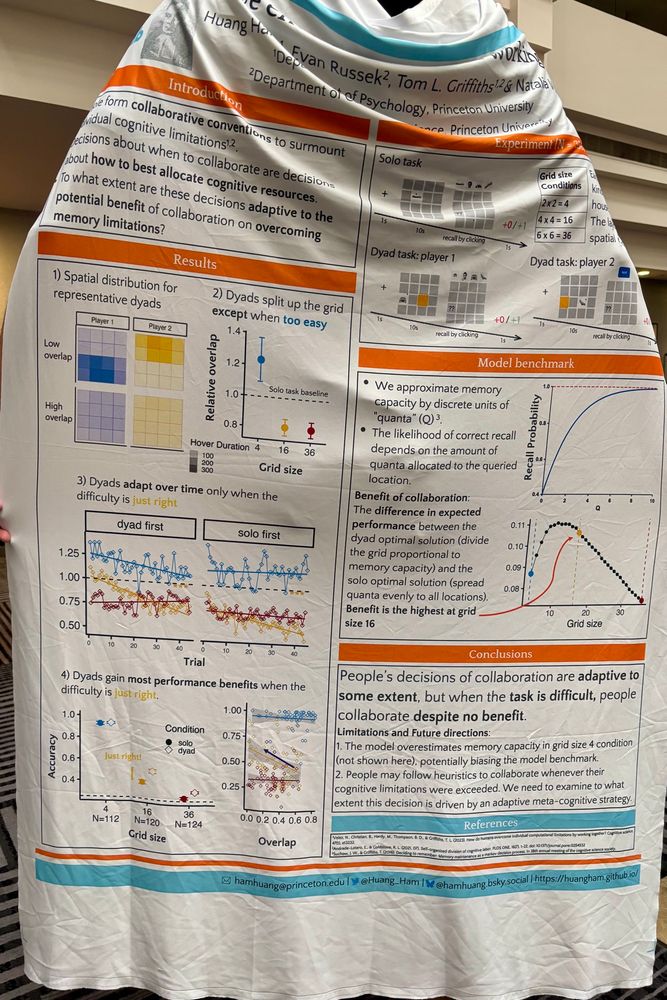
Ham Huang leveled up from poster session to superhero mode! 🦸
🧵(1/15)
osf.io/preprints/ps...
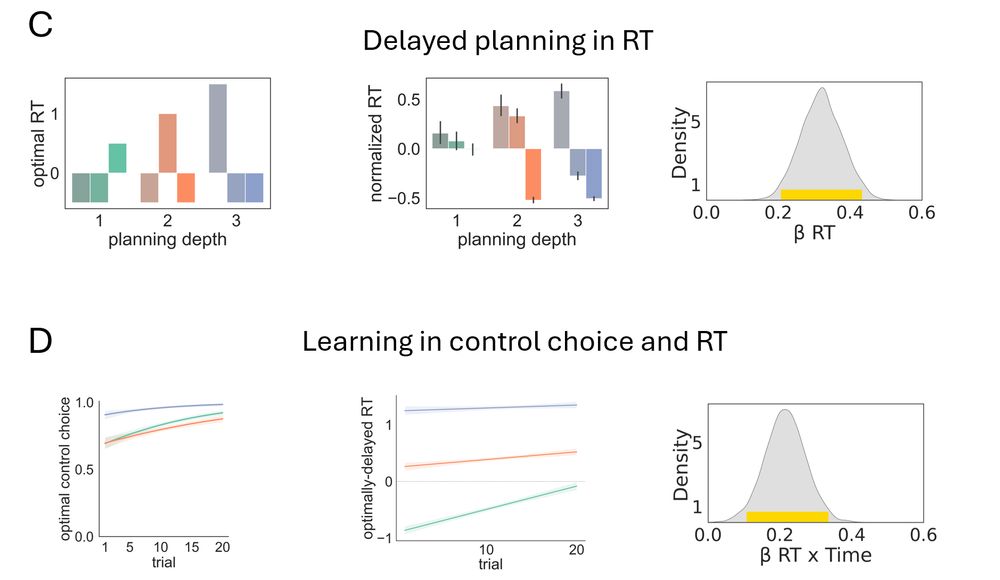
🧵(1/15)
osf.io/preprints/ps...
sites.google.com/nyu.edu/ches...

sites.google.com/nyu.edu/ches...

www.nature.com/articles/s41...
🧵
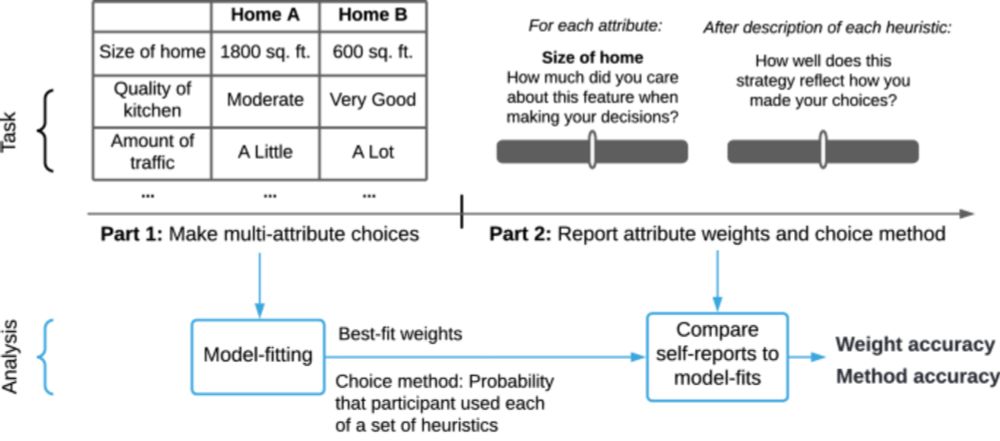
www.nature.com/articles/s41...
🧵
'Reinforcement learning is positively associated with anhedonia symptoms' osf.io/preprints/ps...
(a bit late here – a version was online back in December)
@mpc-comppsych.bsky.social
'Reinforcement learning is positively associated with anhedonia symptoms' osf.io/preprints/ps...
(a bit late here – a version was online back in December)
@mpc-comppsych.bsky.social
In a new review paper, @noahdgoodman.bsky.social and I discuss how modern AI can be used for cognitive modeling: osf.io/preprints/ps...
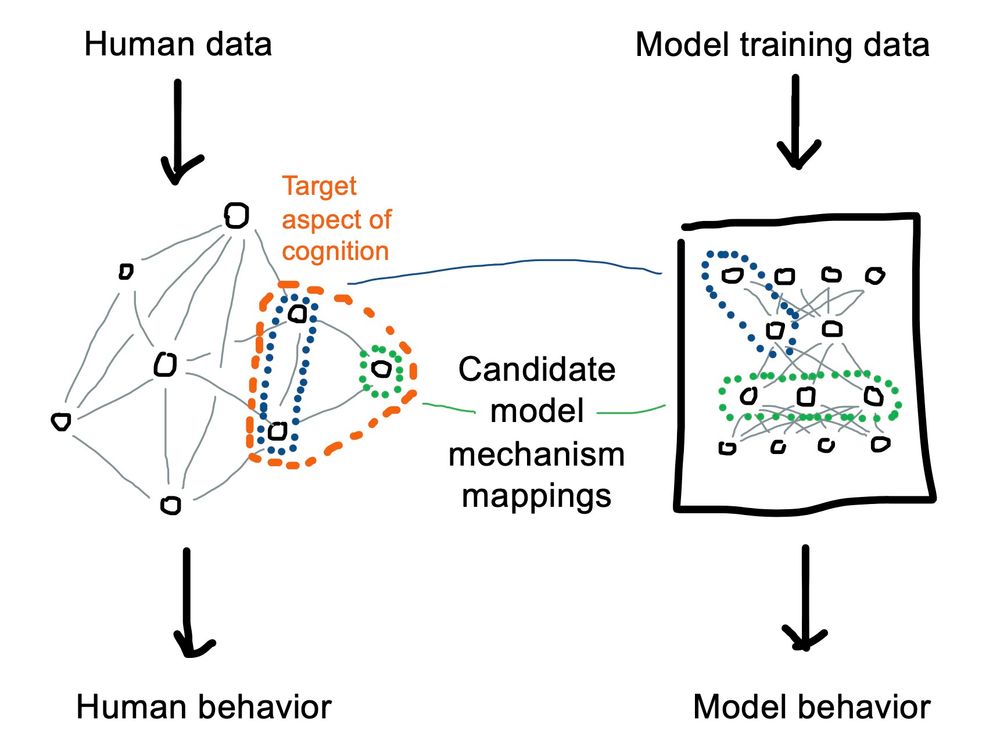
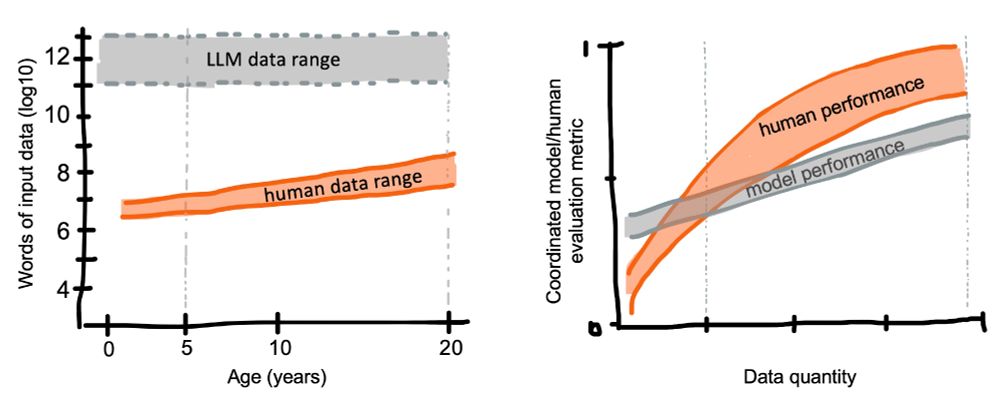
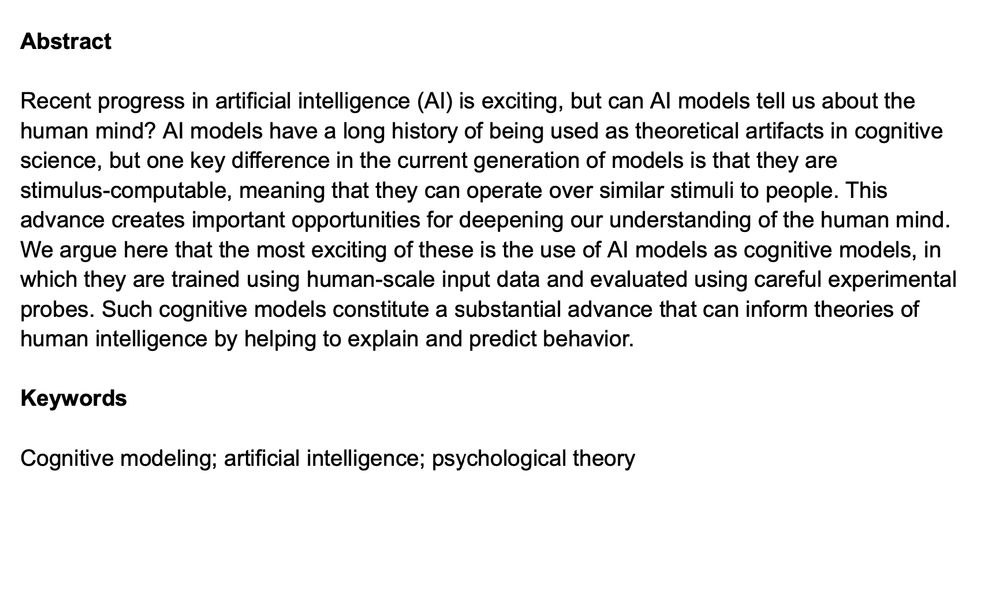
In a new review paper, @noahdgoodman.bsky.social and I discuss how modern AI can be used for cognitive modeling: osf.io/preprints/ps...
We're hiring for an ambitious @wellcometrust.bsky.social project exploring brain mechanisms of planning/inference in psychosis 🧠
Tackled at multiple scales: from single neurons to human behaviour/fMRI and neural networks.
Opportunities for 1 post-doc 1 clinical fellow 👀
We're hiring for an ambitious @wellcometrust.bsky.social project exploring brain mechanisms of planning/inference in psychosis 🧠
Tackled at multiple scales: from single neurons to human behaviour/fMRI and neural networks.
Opportunities for 1 post-doc 1 clinical fellow 👀
www.annualreviews.org/content/jour...
We unpack why psych theories of generalization keep cycling from rigid rule-based models to flexible similarity-based ones, then culminating in Bayesian hybrids. Let's break it down 👉 🧵

www.annualreviews.org/content/jour...
We unpack why psych theories of generalization keep cycling from rigid rule-based models to flexible similarity-based ones, then culminating in Bayesian hybrids. Let's break it down 👉 🧵

More details: github.com/marcelbinz/P...
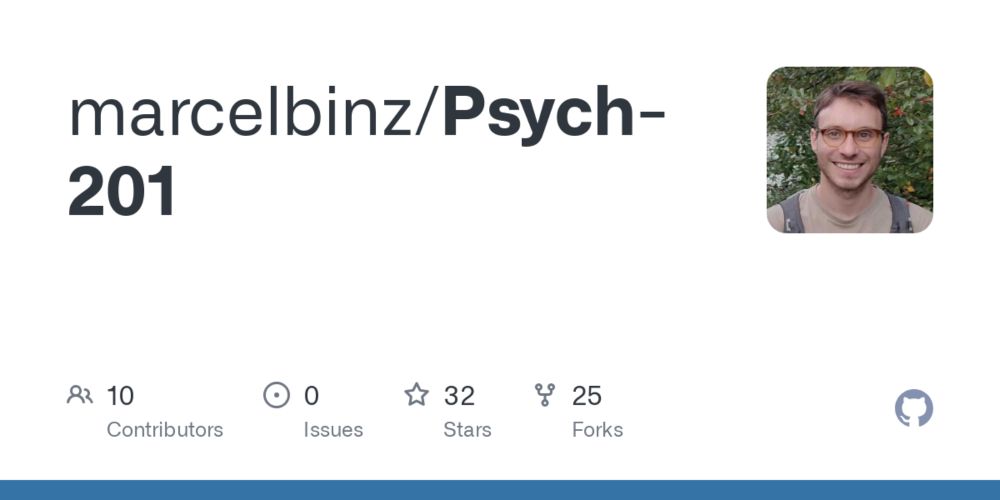
More details: github.com/marcelbinz/P...

I'm recruiting a lab manager & my first grad student. If you're interested in social cognition/perception & transformative experiences, check out socosci.com🦉!
I'm recruiting a lab manager & my first grad student. If you're interested in social cognition/perception & transformative experiences, check out socosci.com🦉!

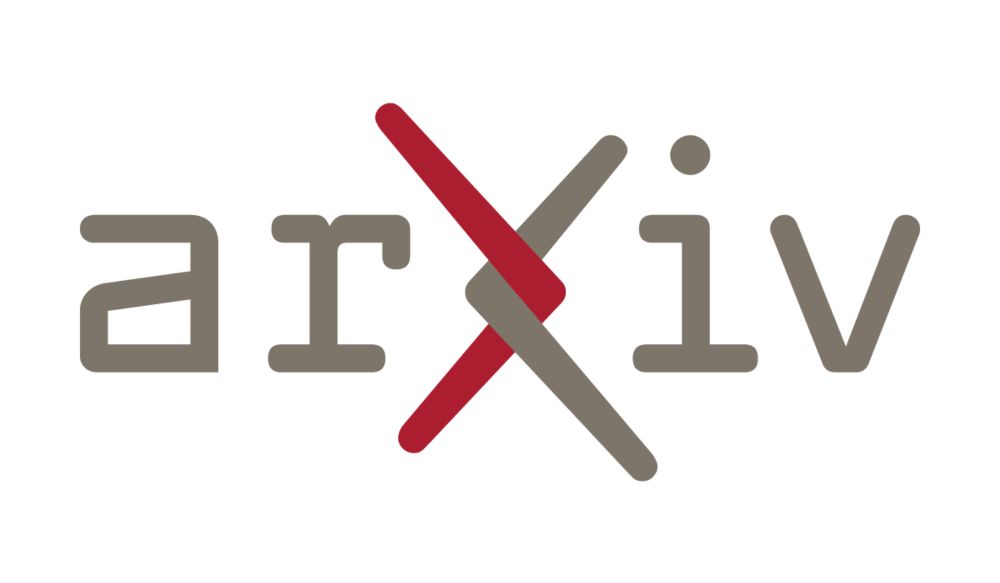
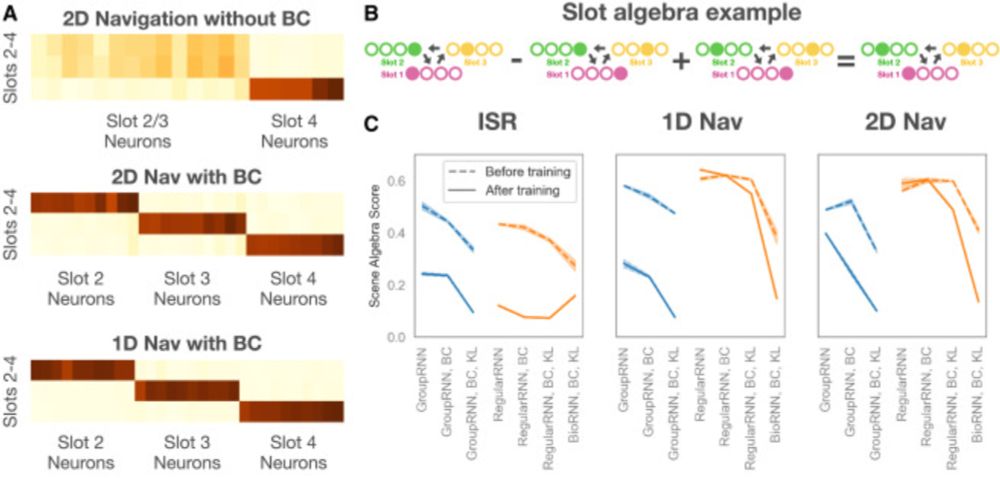
tldr: We ask participants to generate hierarchical plans in a programming game. People prefer to reuse beyond what standard accounts predict, which we formalize as induction of a grammar over actions.
authors.elsevier.com/a/1kBQr2Hx2x...
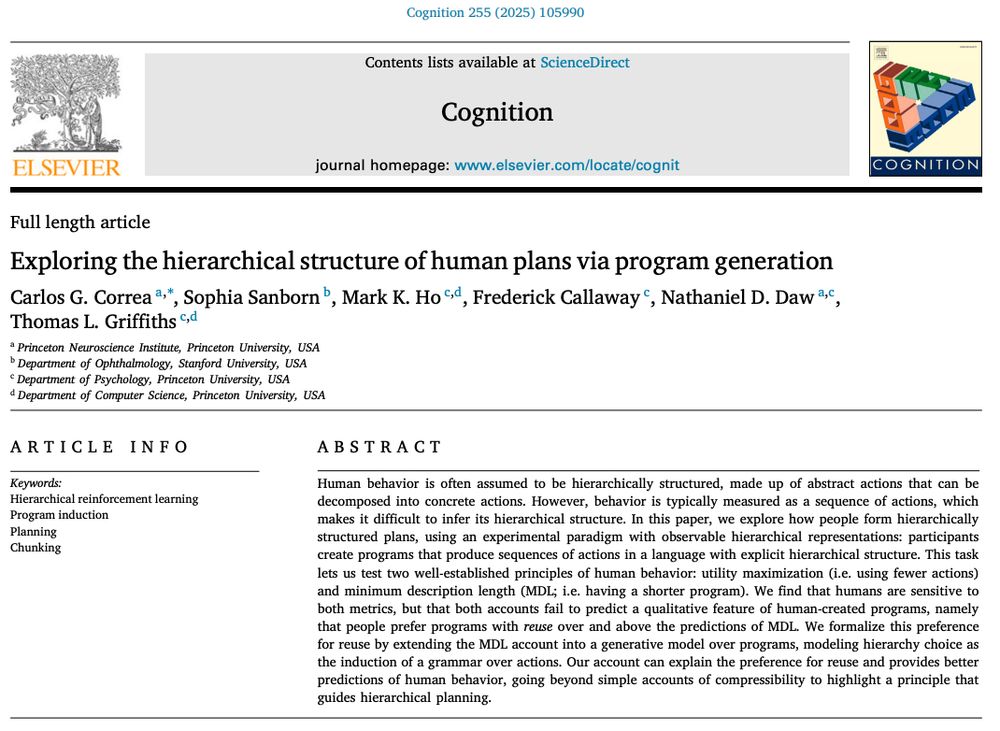
tldr: We ask participants to generate hierarchical plans in a programming game. People prefer to reuse beyond what standard accounts predict, which we formalize as induction of a grammar over actions.
authors.elsevier.com/a/1kBQr2Hx2x...

